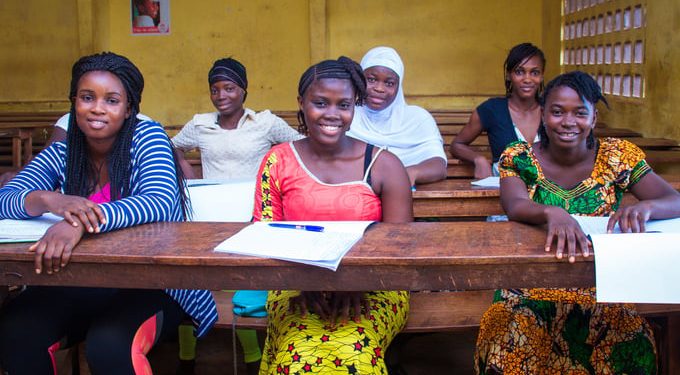By Sulaiman Aruna Sesay
Sierra Leone is a West African country that has seen a significant increase in teenage pregnancies in recent years. According to recent statistics, at least one in every three girls in Sierra Leone has become pregnant by the age of 19, and the numbers appear to be rising. The issue has become a major concern for the government, NGOs, and the general public, sparking alarm at the urgent need to address this societal problem.
The root causes of teenage pregnancies in Sierra Leone are numerous. Poverty, lack of education, lack of access to contraceptives, and early marriages are all contributing factors. Traditional beliefs and practices also play a significant role in perpetuating this problem. Early marriages, designed to prevent premarital sex, instead result in girls having sexual intercourse at an early age with little or no knowledge about contraception.
The country is also grappling with increasing cases of sexual violence, including rape and sexual abuse, which further exacerbate the issue of teenage pregnancies. Most of these incidents are unreported, and the perpetrators often go unpunished, creating an environment that fuels dangerous behaviours.
The consequences of teenage pregnancies on the lives of young girls are devastating. It often leads to them dropping out of school, which limits their future opportunities and perpetuates the cycle of poverty. Adolescent pregnancy also poses significant health risks to both the mother and child, with teenage mothers being more prone to pregnancy-related complications and their babies being at a higher risk of infant mortality.
The increased incidence of teenage pregnancies in Sierra Leone warrants urgent action, and multiple stakeholders must play a role in addressing it. The government must prioritize access to education and healthcare for young girls and support initiatives that promote reproductive health and provide access to contraceptives. Traditional leaders must be educated about the need to eliminate early marriages, and the legal system must prioritize cases of sexual violence, with strict penalties for perpetrators. Civil society organizations and the media must join hands in creating awareness about the consequences of teenage pregnancies and the importance of women’s rights.
The rise in teenage pregnancies in Sierra Leone is a serious societal problem that calls for immediate action. The causes are complex, and addressing them requires a concerted effort from multiple stakeholders. An increased focus on education, access to healthcare, and stringent laws against sexual violence would go a long way in creating a society where adolescent girls have an equal opportunity to grow and thrive. In the absence of such support, the cycle of poverty, stunted growth, and health risks will continue to perpetuate for young girls in Sierra Leone.











